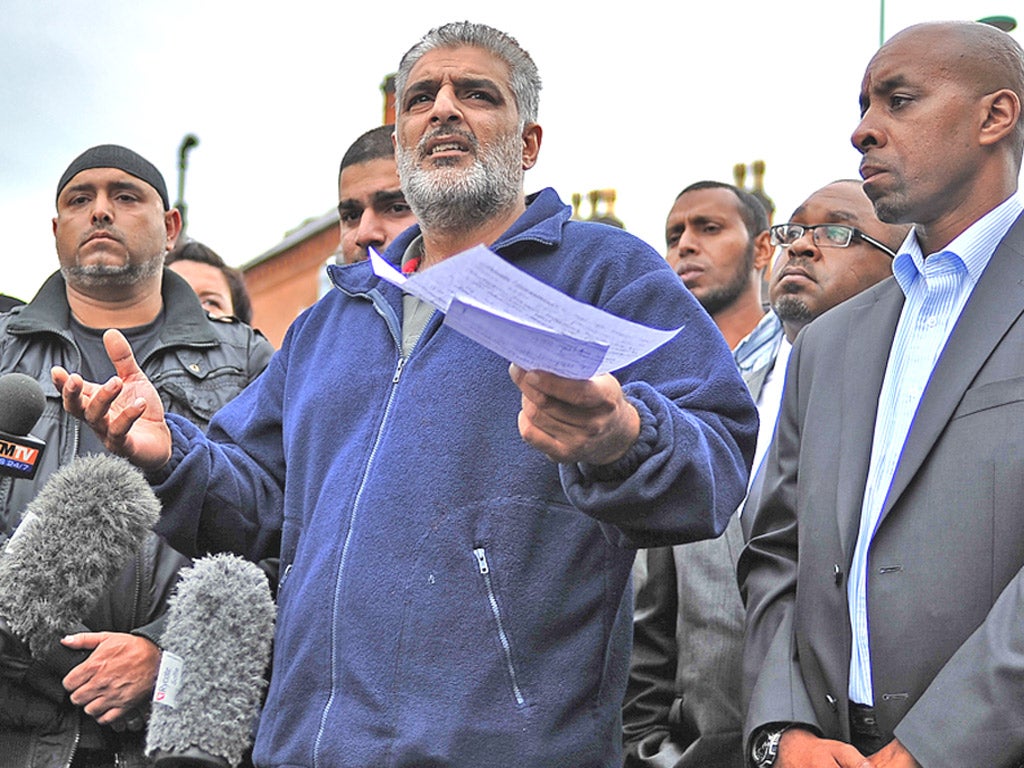After the darkest day, Birmingham's fight to escape a summer of violence

Tom Carroll, a 27-year-old who works in PR, will never forget when the riots came to Birmingham. Around 50 rioters had stormed a leisure complex in the trendy heart of the city where he and his girlfriend were renting a flat. The concierge was trying to fight them back with a hammer and a fire extinguisher, but they stormed through the back doors and began rampaging through the corridors.
Mr Carroll remembers them yelling: "'Let's get the rich people!' Which was petrifying. We're not rich, obviously, we just rent the place there. It was just madness, nobody seemed to know what was going on or how to end it or anything." His girlfriend was terrified, and he worried that the invaders would start a fire, forcing them to flee into the riot-hit city centre. But it was the tone of the rioters' yells that Mr Carroll found particularly chilling. "It was dark, it was angry, it was just horrible."
Birmingham proved to be a turning point in Britain's summer of 2011. On Tuesday 9 August, three men – Haroon Jahan, Shazad Ali and Abdul Musavir – were killed after being hit by cars outside a petrol station in Winson Green, not far from the city centre. It was originally claimed that they had been run down in a so-called "chariot charge" but last week eight men were found not guilty of their murder.
At the time, there were fears that the disorder could escalate into violence between black and Asian communities until one of the victim's fathers, Tariq Jahan, made an emotional appeal for calm. "I lost my sons. Black, Asians, whites – we all live in the same community," he said. "Why do we have to kill one another? Why are we doing this? Step forward if you want to lose your sons. Otherwise, calm down and go home – please."
Sajid Patel, 35, was a friend of the three men. "They weren't riots here, just kids having fun," he says. "These were poor kids with no jobs. There's no jobs out here, no social money coming, they're stopping their benefits, and they thought, 'Let's get something for free'."
Matthew Higgins, a 34-year-old local chef, is desperate to reject rumours of tensions between fellow black people and Asians as he puts a hand on Mr Patel's shoulder and calls him "brother".
George Gordon, a retired civil servant and black community activist, is similarly angered by reports of communal tensions. "The way it [the deaths] was portrayed made it appear as though it was a black versus Asian thing," he says. "It wasn't. It was bullsh**."
For most there is a determination to move on. Abdul Razaq, a 34-year-old teacher who lives near Winson Green, was upbeat about how people came together in the aftermath. "You're on a street where those gentlemen lost their lives, and the scars here will be very much evident," he says. "But they need to be so we can learn, and make sure it doesn't happen again."
Subscribe to Independent Premium to bookmark this article
Want to bookmark your favourite articles and stories to read or reference later? Start your Independent Premium subscription today.

Join our commenting forum
Join thought-provoking conversations, follow other Independent readers and see their replies